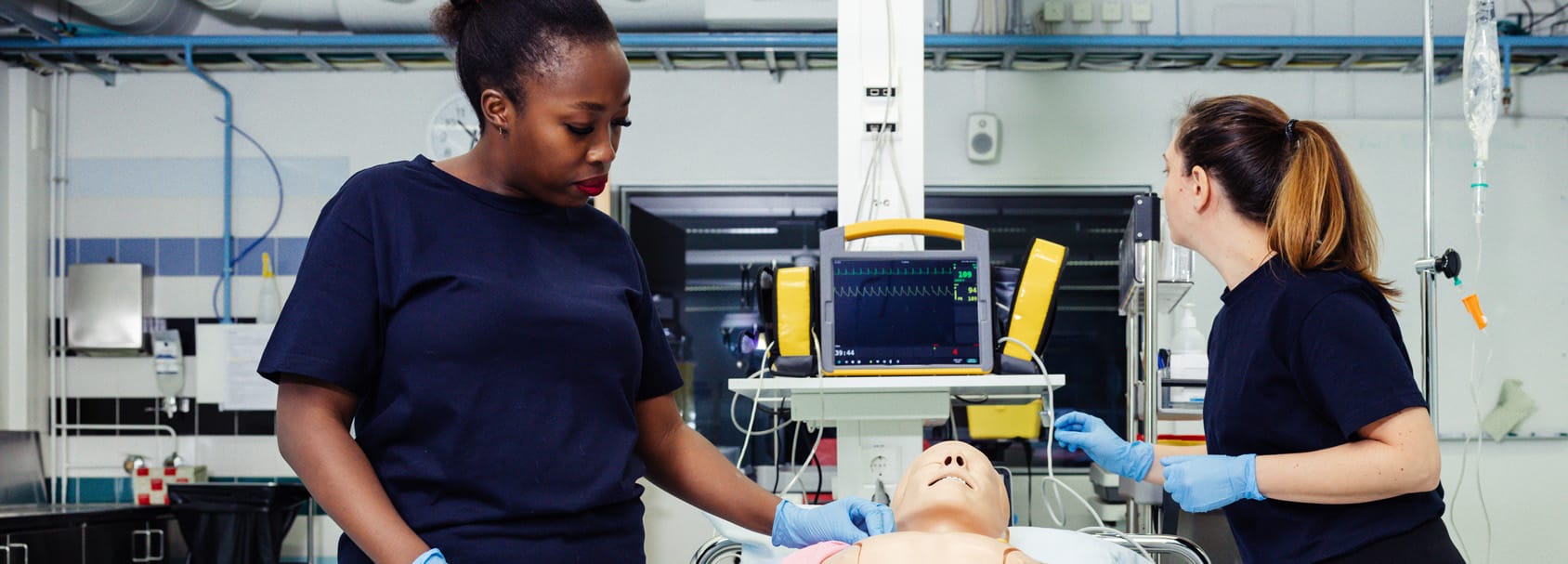
Nursing
Bachelor of Health Care
The nursing profession is the right for you if you can take initiative, are empathetic and thorough, and you have good interpersonal skills. One of the key features is also that you must be able to make independent decisions.
During the studies, you can either start learning Finnish from the basics or continue your Finnish studies from your own starting level. In the beginning, the studies will mostly be conducted in English, with Finnish language teaching gradually taking over.
After graduation, you will be able to work smoothly and patient-safely in the Finnish-speaking nursing environment. You have strong practical skills and you are capable of planning, implementing, evaluating and developing the nursing of patients and clients of different ages. You work as a nursing expert in multiprofessional teams.
The programme meets the standards of the European Union Directive for Registered Nurses (bachelor’s degree).
Admissions criteria
Tuition fees & scholarships
Bachelor’s degrees 10 700 euros / academic year for students from outside the EU/EEA countries and Switzerland.
Full-time studies
Kotka
Kotka
Full-time studies
Savonlinna
Savonlinna
Degree titles
- Bachelor of Health Care
Nursing studies combine clinical skills and theoretical knowledge
After graduating as a nurse, you have strong practical skills in nursing and you are able to plan, implement, evaluate and develop the nursing work of patients and clients of different ages.
You work as a nursing expert by giving guidance, treating and rehabilitating people with different illnesses and other problems. As a nurse, you must always be able to justify your own actions. Nursing requires the adaptation of nursing science and multiprofessional knowledge and implementing that information in practical situations.
Our goal is to develop your Finnish language to skill level B2-C1. During these studies you can start learning Finnish from the basics or continue from your own starting level. You will study Finnish on our courses, in clinical practice and in peer groups. After graduation, you will be able to work smoothly and patient-safely in the Finnish-speaking nursing environment. You will get to know Finnish culture and society and will be able to act as its full member both at work and in your free time.
After graduation, you can work in a wide range of hospital wards, outpatient clinics, emergency rooms, operating theatres, in intensive care units, home health care, rehabilitation and nursing homes, private sector, medical clinics, third sector positions or as an entrepreneur.
During studies you can start learning Finnish from the basics or continue from your own starting level!
- Registered Nurse
- English
- Nursing
- International
Why choose nursing studies at Xamk?
Diverse employment opportunitie
Modern teaching environments
Learn in collaboration with the working life
.
Structure of studies
The studies provide you with good theoretical and practical skills. You will also learn how to use technology in nursing.
Studying is practical and versatile in terms of the teaching methods. Theory lessons are mainly held in classrooms, online or in small study groups. Some of the studies are independent online studies.
Studying includes a lot of training in clinical nursing and patient education situations. Modern simulation and learning facilities, with up-to-date equipment, enable the creation of realistic learning environments.
One third of the studies are implemented as clinical practice in various nursing environments. Clinical practice is carried out in units of primary health care, specialized health care and the private sector. During clinical practice you will get support from your nursing and language teachers.
Practical studies
The curriculum of the Degree Programme in Nursing is based on EU directives and national guidelines regarding the competence of nurses responsible for general care (180 ECTS credits), including common competence areas of the University of Applied Sciences. The competence areas are included in the different modules and courses.
Various situations of clinical nursing and patient education are practiced during the studies. Modern simulation and learning facilities, with up-to-date equipment, enable the creation of realistic learning environments.
One third of the studies are implemented as clinical practice in various nursing environments. Clinical practice is carried out in units of primary health care, specialized health care and the community sector.
The degree includes core competence and complementary competence studies. Core competence includes knowledge, skills and qualifications that registered nurses must master at work and that form the basis for continuous learning. Complementary competence expands and deepens the core competence.
Degree Programme in Nursing includes the following modules:
Core competence:
- Basics of clinical nursing
Human anatomy, physiology and pathophysiology, basics of clinical nursing, patient safety, pharmacotherapy, pharmaceutical mathematics and the retrieval and utilization of evidence-based information, documentation, healthcare information management and ergonomics.
- Health promotion
In this study module you will learn the basics of health promotion and nutrition from the perspective of prevention and treatment. You will develop your guidance skills and become familiar with the social and health care service system and different forms of service.
- Clinical nursing
- Clinical practice
In the Clinical nursing and practice modules, you will learn theory and practical skills in the field of internal medicines, perioperative care, gerontology, mental health, substance abuse, acute and intensive care, maternity, family, children and young people care, gynecology, child and youth care and nurse reception and home care. You will turn this theory knowledge into practice in simulation teaching and internships.
- Language and communication studies
- Evidence-based nursing
In the evidence-based nursing study module, you will learn key research and development methods in your field, stages of the research and development process, ethical principles and scientific reporting.
- Bachelor’s thesis
In the bachelor’s thesis, you apply your knowledge and skills by designing, implementing, evaluating and reporting work-related research, for example a literature review.
Core competence includes Finnish courses 1-5.
Complementary competence includes the development of professionalism, clinical practice and optional studies.
In optional studies you can choose from various courses including innovation, entrepreneurship and data management.
Student stories

Why study in Finland? Finnish institutions are well-respected in the global job market
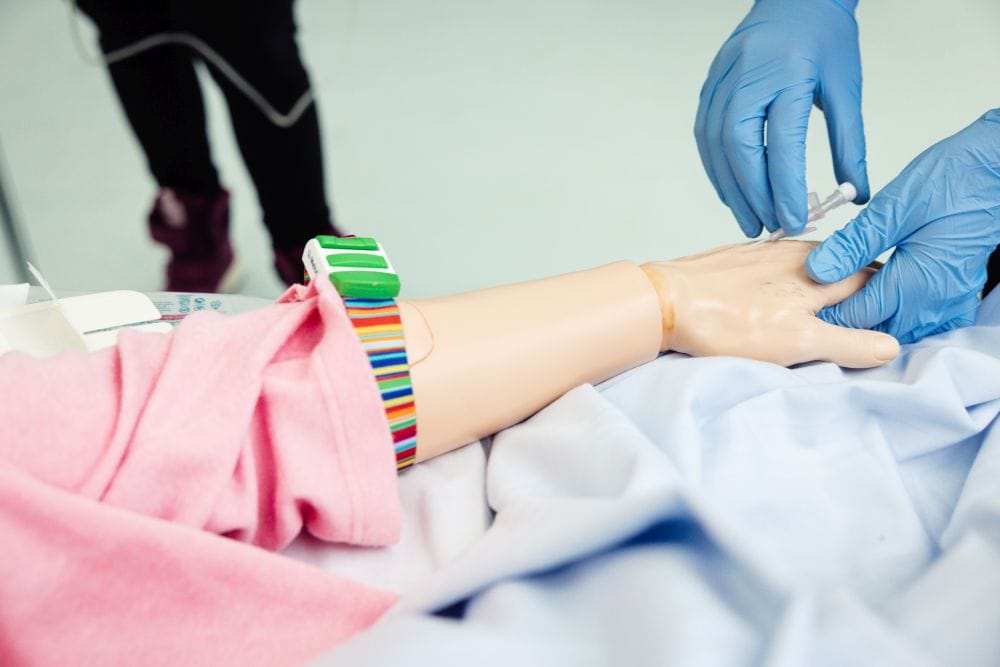
Nursing studies are conducted full time.
Implementation of studies
The studies are conducted in Kotka or Savonlinna, depending on which campus you study at.
The teaching method is full-time studies and the study days are mainly from Monday to Friday.
Duration of studies is approximately 3.5 years. Studying is pragmatic and the teaching methods are versatile.
Career opportunities
As a registered nurse, you can work in a variety of social and health care organizations. There are employment opportunities both at home and abroad.
You can work for example in a hospital ward, outpatient clinics, operating theatres, various rehabilitation and nursing homes, or health care clinics. You can also become employed in planning/coordinating positions, or as an entrepreneur.
Only a graduated, licensed and registered professional can work as registered nurse
Registered nurses are licensed health care professionals. The education meets the criteria of nursing education as established by the European Council, and contains the professional competence of a nurse responsible for general care.
Only a graduated, licensed professional can work as a registered nurse. After completing your studies, you will apply for the license from the National Supervisory Authority for Welfare and Health.

Subscribe our newsletter!
Sign up for the Study at Xamk Newsletter, and you will receive information about Xamk, our programmes, application processes and open online studies and other courses.
For international students
Finland’s education system is regarded as one of the best in the world. Education is a strong part of Finnish culture from pre-school years into adulthood.
Get to know us and what we stand for!

Study in Finland
Study in Finland

Why choose Xamk?
Why choose Xamk?

Student life
Student life
FAQ – The most frequently asked questions
Finland has two types of higher education institutions: universities and universities of applied sciences (UAS).
Universities focus on scientific research and education based on it. Universities of applied sciences, on the other hand, offer a pragmatic education that responds to working life needs.
Studies at a university of applied sciences (UAS) focus on professional and practical know-how and skills. The practical experience provided by UAS studies is highly appreciated in many jobs and duties. UAS Bachelor’s level studies also gives you the opportunity to apply for further studies, such as completing a UAS master’s level degree and continuing as far as a doctoral degree. Our bachelor’s degrees always include supervised practical training that gives you the opportunity to apply the knowledge learnt in theory into practice. You will become familiar with the duties of your own field in real working environments.
In most universities of applied sciences, social and health care students follow field-specific guidelines that are applicable to an authentic working environment.
When practicing clinical skills at campus or in clinical practices and work placements, the hygiene requirements of the work and the customer and patient safety need to be considered. Students need to wear protective clothing in accordance with the guidelines of the universities of applied sciences when practicing.
During the clinical practices and work placements, students need to follow the guidelines for workwear, protective clothing, use of personal protective equipment, etc. as defined by the clinical practice units. For example, when caring for patients or clients, wearing long sleeves on their work clothes or wearing their own clothes may not be allowed in all clinical practice units. In addition, in most clinical practices the student must wear a photo ID card that identifies the student.
We have over 11 500 students, and we offer 9 Bachelor’s degree programmes in English, 2 Master’s degree programmes in English, open UAS courses, global talent acquisition programmes and summer school courses.
You can also apply for exchange or double degree studies at Xamk.
Are you interested in practical learning? Would you like to study in modern facilities with top-class teachers? Are you attracted to new ways of teaching and learning? If you said yes, Xamk might be just the place for you.
Top 5 reasons to choose Xamk:
1. Finnish education system is one of the best in the world.
2. Excellent programmes with working life orientation
3. Our campuses are located in beautiful Finnish towns close to nature.
4. Best student life – it’s your time to enjoy and create wonderful memories.
5. Responsibility is our strategic choice.
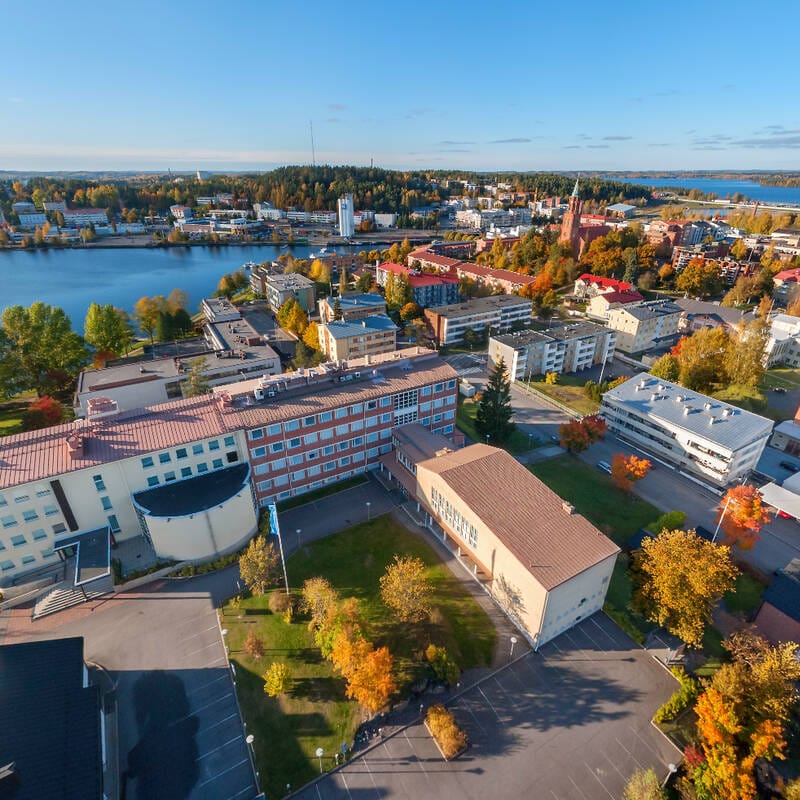
Campuses in 4 cities
Xamk’s campuses are located in Kotka, Kouvola, Mikkeli, and Savonlinna. Some degree programs are offered entirely online.
Get to know your own campus!
See also these

Bachelor of Engineering, Water Technology and Sustainability

Bachelor of Engineering, Game Technologies
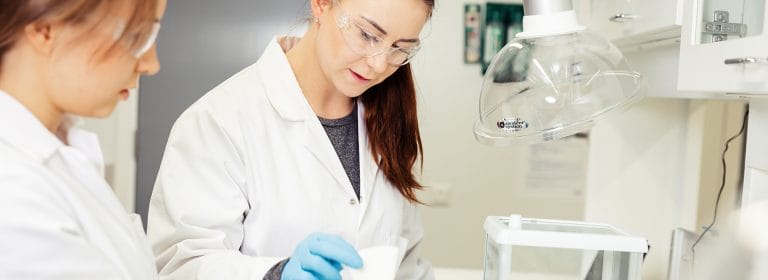
Bachelor of Engineering, Bioproduct Technology
Further information on studies
Kotka
Savonlinna
Contact Admission Services
Xamk’s Admissions Services primarily assists with matters related to applying for degree studies. You can contact us by phone or through our online form.
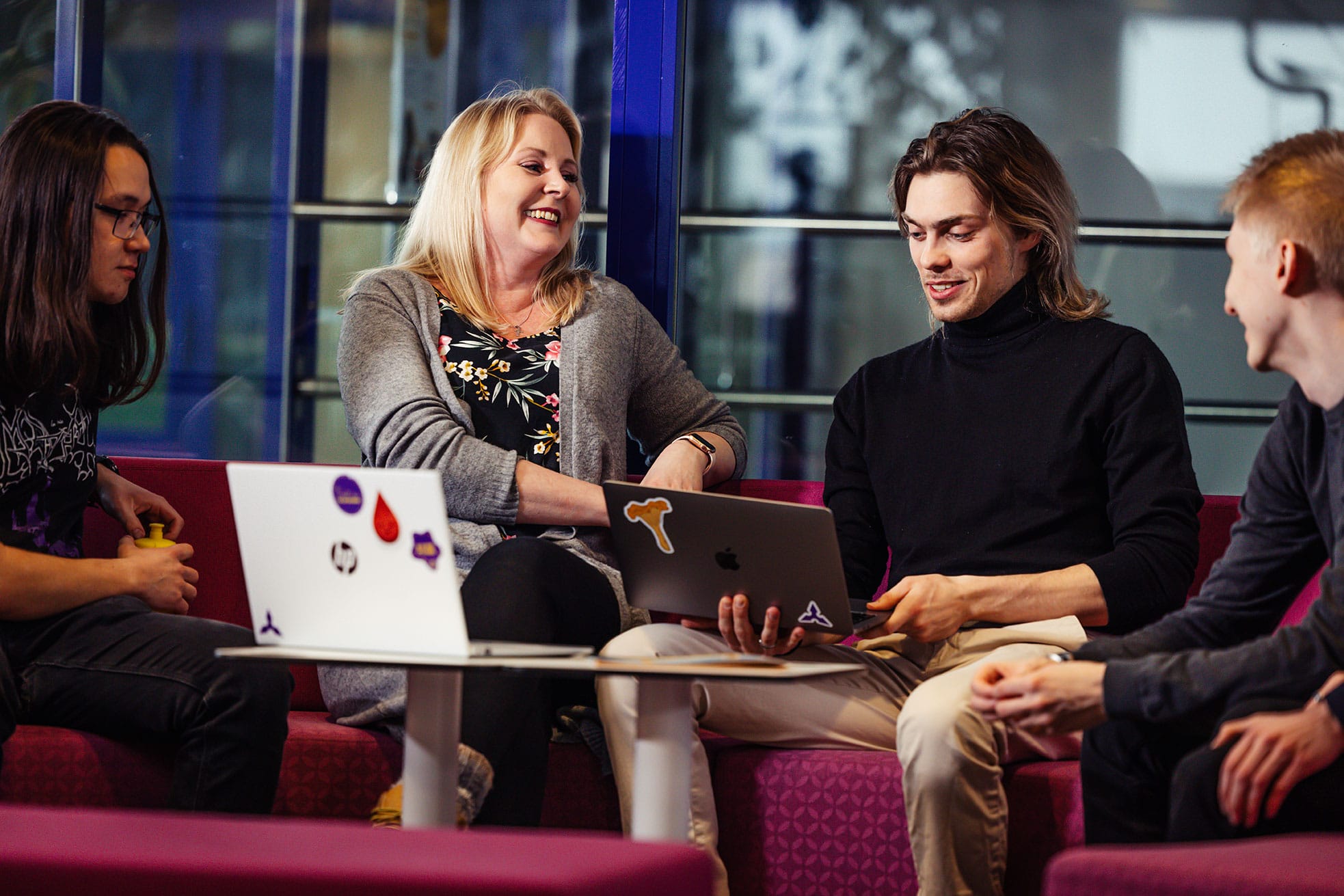
Mon-Fri 09.00-12.00
Degree education in Finnish:
- +358 44 702 8891
- +358 40 585 6610
Degree education in English:
- +358 40 585 6610
Contact request via online form:




